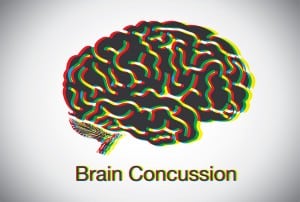Concussion Linked to Suicide Risk: What Are your Options from the Legal Perspective?
January 4, 2017
This conclusion was based on a study conducted on approximately 235,000 people which was published in the Canadian Medical Association Journal. The study further revealed that there was a suicide rate of 31 deaths per 100,000 patients. This data was obtained by matching official death certificates that listed suicide as the cause of death with their medical history over a 20-year period. In these cases, the average time between the concussion and the suicide was 5.7 years. The study also revealed that 52 percent of the persons who committed suicide were men, and their average age was 41.
Even though this study is useful in providing important data regarding the potential link between concussion and suicide, there is still much more to be researched for these studies to become authoritative. Therefore, how do you prove this link in real life? Assume “X” received a trauma to the head due to the negligence of a third person and suffered a traumatic brain injury (or a concussion). Assume further that two years after the injury, “X” committed suicide. Does the fact that there is not medical certainty linking concussion and suicide leave “X´s” survivors without legal options? The answer is no.
From the legal standpoint, a case can still be built by asking the following questions: (1) Did the victim suffer a TBI or concussion? (2) What was the cause of the injury? (3) What are the most common symptoms of TBI or concussion? (4) Is depression one of them? (5) Can depression be a cause of suicide? (6) What does the victim’s medical history tell us about his pre-injury condition (e.g. Did he suffer from depression or any previous medical condition that could have caused the suicide?), and/or (7) Can all of these points be proven by other means? The answers to these questions can give an experienced TBI attorney light as to the probability of success of the case, even if the medical literature is insufficient or it is not yet authoritative, like the link between concussion and suicide.
These are far more legal issues that can arise in a traumatic brain injury case and which can make a TBI-related case far more challenging than the conventional personal injury case, depending on the type of injury and, above all, its causes. The attorneys at the Amaro law firm have vast experience dealing with these type of cases, and have successfully litigated brain injury cases where this type of issues have come up. Contact us for a free evaluation of your case.
[1] https://www.washingtonpost.com/news/to-your-health/wp/2016/02/22/the-terrifying-link-between-concussions-and-suicide/?utm_term=.38a90fa67ed8
